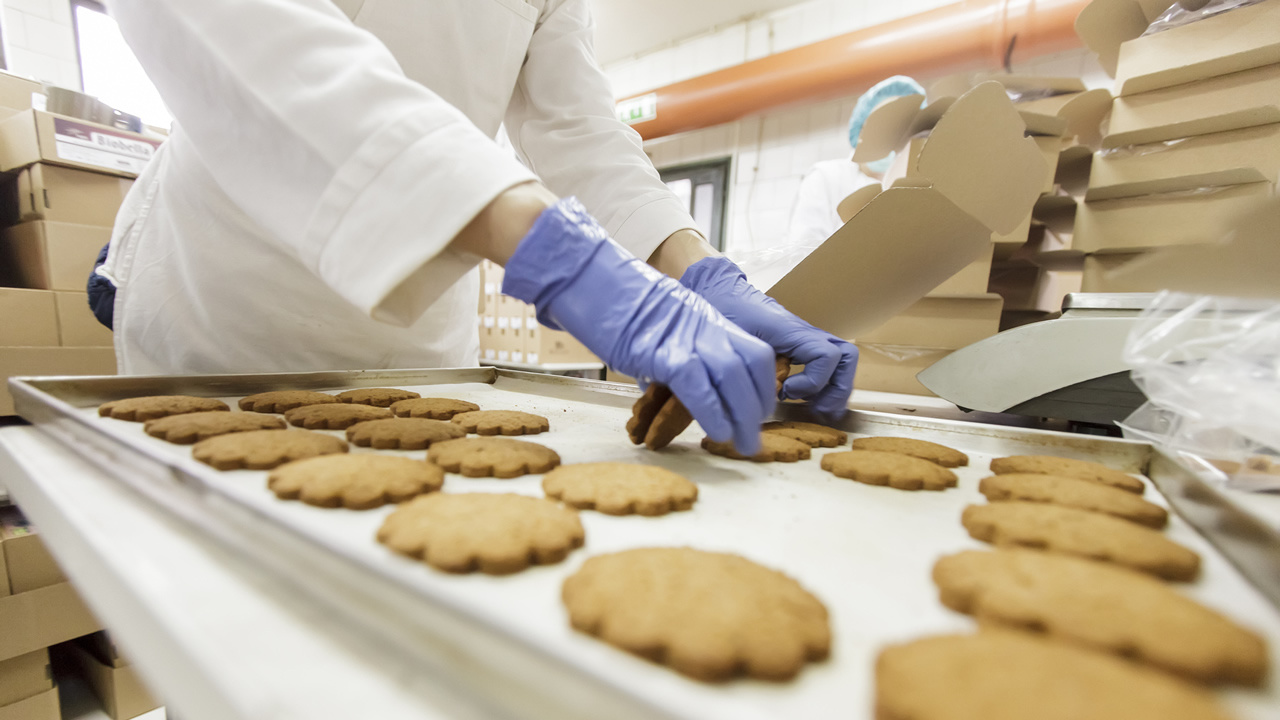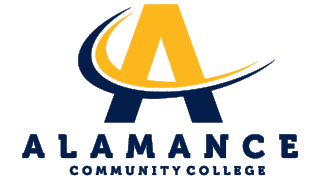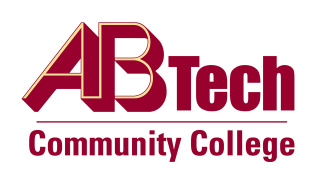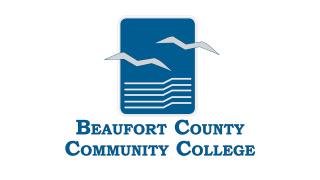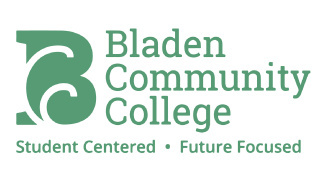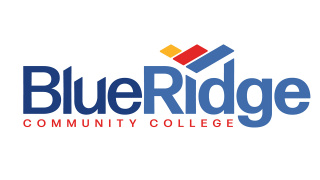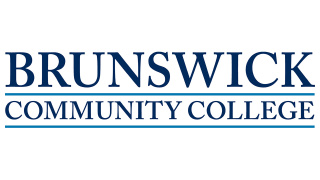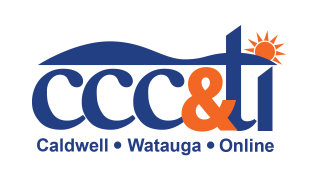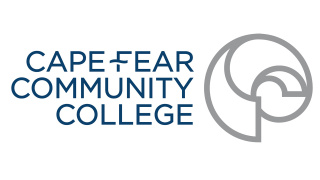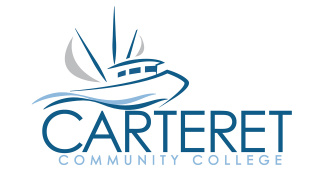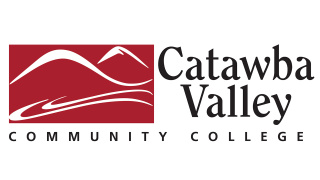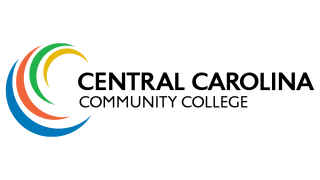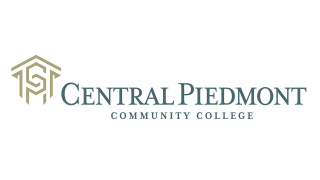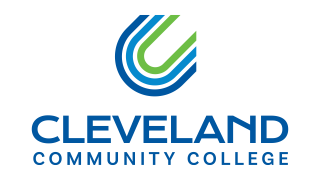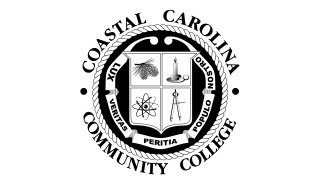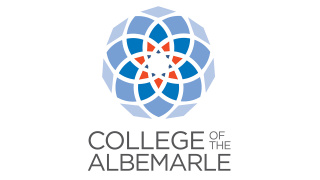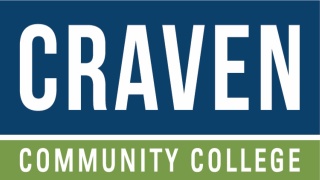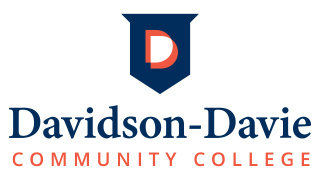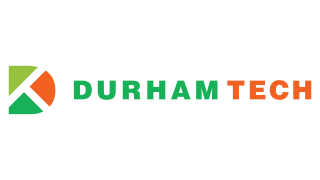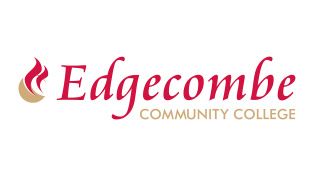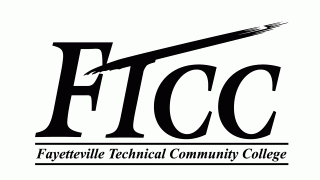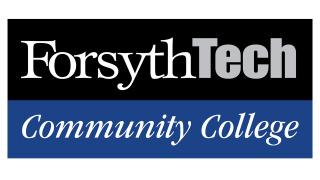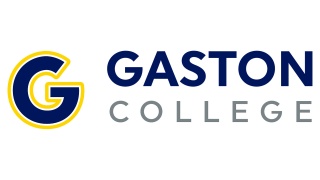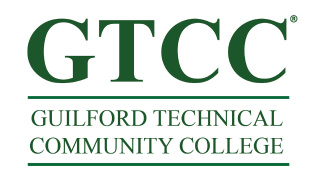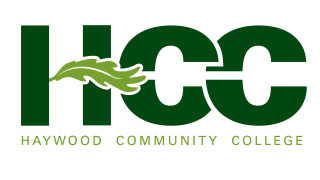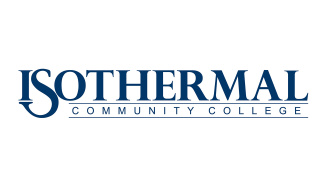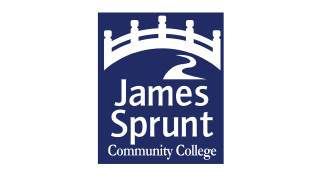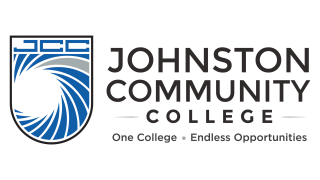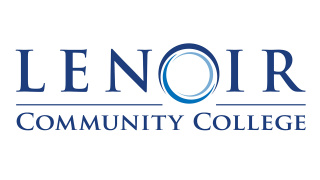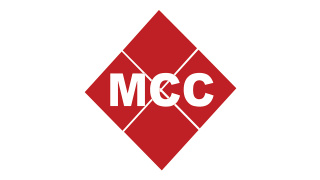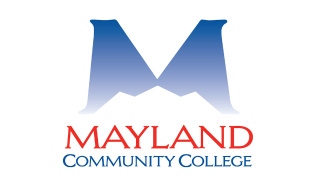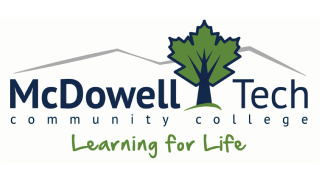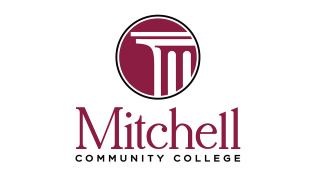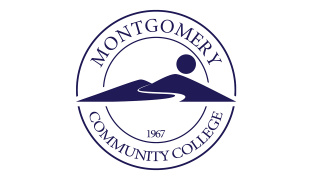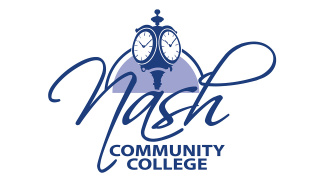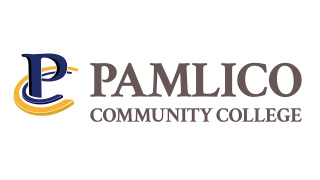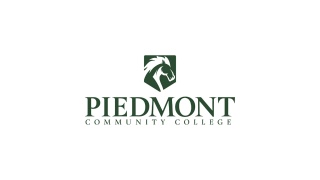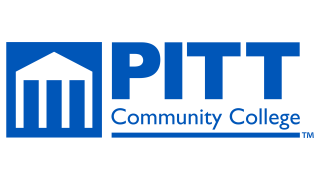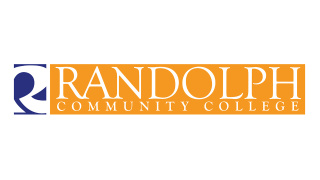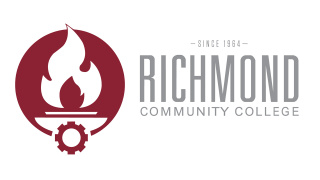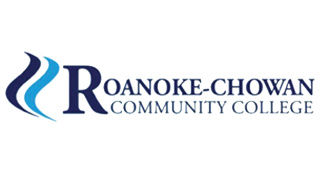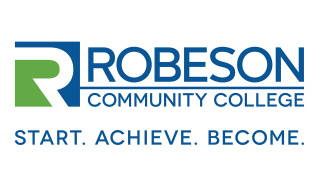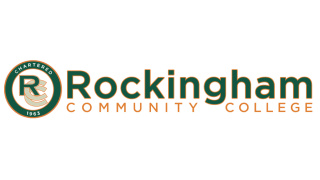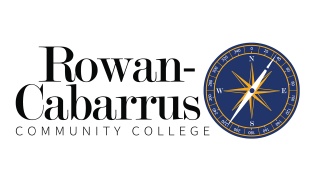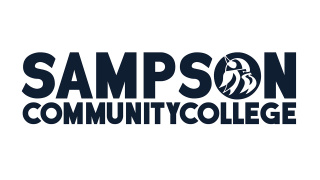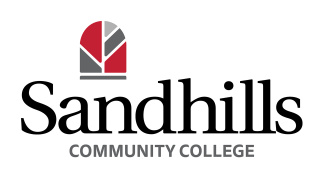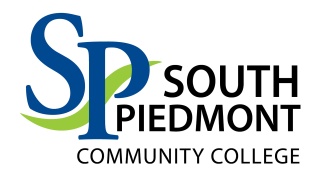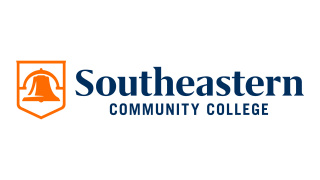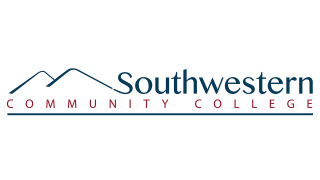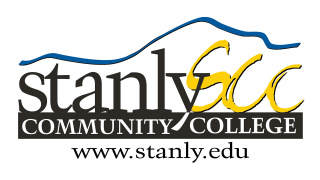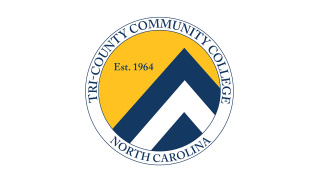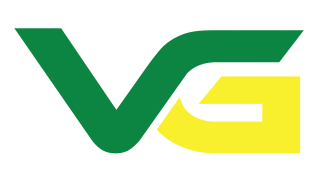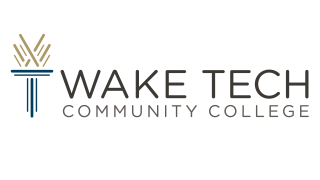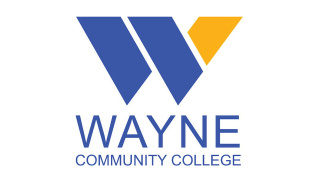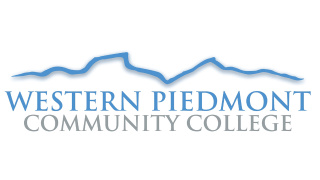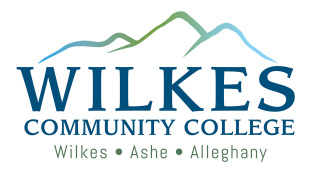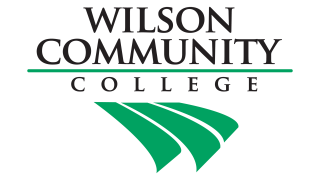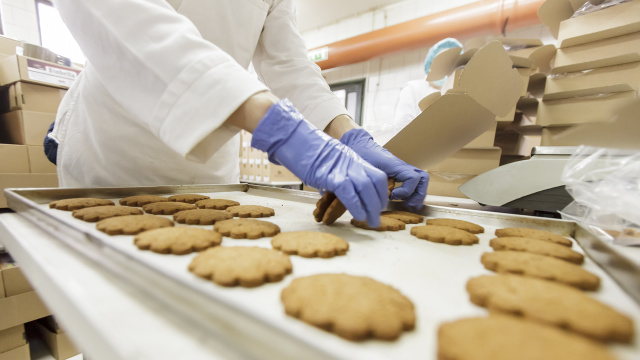Are you looking to become a Preventive Controls Qualified Individual (PCQI)?
Completing our course is one way to achieve that goal. Developed by the Food Safety Preventive Controls Alliance (FSPCA), this course is the standardized curriculum recognized by FDA.
Regulations for the Current Good Manufacturing Practice (CGMP), hazard analysis, and risk-based preventive controls permit only a PCQI to perform certain activities. So if you are looking for a career in safe manufacturing, processing, packing, and holding of food products, consider PCQI training today.
Successful completion of FSPCA Preventive Controls for Human Food requires attendance at all sessions. Upon completion of this course you will obtain your PCQI certificate.
We also offer this course online! We have regular online courses each month. Both the three day PCHF course and the PCHF Part 2, one-day course are available. If you would like to take part 2, please make sure you take the asynchronous part 1 course before taking part 2. Registrations for our 8 hour course are found on the PCQI part 2 , 8 hour course page.
We designed this course for food safety professionals, including:
- Production Supervisors
- Production, Quality, and Executive Management
- Food Safety Team Members
- HACCP Team Members
- Audit Team Members
This 24-hour course requires three days to complete and covers:
- Food Safety Modernization Act
- Food Safety Plan
- CGMP and Prerequisites Programs
- Biological Food Safety Hazards
- Chemical, Physical, and Economically-Motivated Hazards
- Process, Food Allergen, Sanitation, and Supply Chain Preventive Controls
- Verification and Validation
- Record Keeping
- Recall Plan
- Understand the differences between Hazard Analysis Critical Control Point (HACCP) and Hazard Analysis and Risk-Based Preventive Controls.
- Identify process preventive controls (CCPs) and apply critical limits to control-identified hazards.
- Identify allergen, sanitation and supplier preventive controls (PCs).
- Apply parameters and values to support the control of the identified hazard.
- Monitor critical limits and parameters.
- Assign and take corrective or preventive action (CAPA) when control is compromised.
Delivered in-person in a classroom or lab setting.
Delivered online with a live instructor at a scheduled date and time.
Are you looking to become a Preventive Controls Qualified Individual (PCQI)?
Completing our course is one way to achieve that goal. Developed by the Food Safety Preventive Controls Alliance (FSPCA), this course is the standardized curriculum recognized by FDA.
Regulations for the Current Good Manufacturing Practice (CGMP), hazard analysis, and risk-based preventive controls permit only a PCQI to perform certain activities. So if you are looking for a career in safe manufacturing, processing, packing, and holding of food products, consider PCQI training today.
Successful completion of FSPCA Preventive Controls for Human Food requires attendance at all sessions. Upon completion of this course you will obtain your PCQI certificate.
We also offer this course online! We have regular online courses each month. Both the three day PCHF course and the PCHF Part 2, one-day course are available. If you would like to take part 2, please make sure you take the asynchronous part 1 course before taking part 2. Registrations for our 8 hour course are found on the PCQI part 2 , 8 hour course page.
We designed this course for food safety professionals, including:
- Production Supervisors
- Production, Quality, and Executive Management
- Food Safety Team Members
- HACCP Team Members
- Audit Team Members
This 24-hour course requires three days to complete and covers:
- Food Safety Modernization Act
- Food Safety Plan
- CGMP and Prerequisites Programs
- Biological Food Safety Hazards
- Chemical, Physical, and Economically-Motivated Hazards
- Process, Food Allergen, Sanitation, and Supply Chain Preventive Controls
- Verification and Validation
- Record Keeping
- Recall Plan
- Understand the differences between Hazard Analysis Critical Control Point (HACCP) and Hazard Analysis and Risk-Based Preventive Controls.
- Identify process preventive controls (CCPs) and apply critical limits to control-identified hazards.
- Identify allergen, sanitation and supplier preventive controls (PCs).
- Apply parameters and values to support the control of the identified hazard.
- Monitor critical limits and parameters.
- Assign and take corrective or preventive action (CAPA) when control is compromised.
